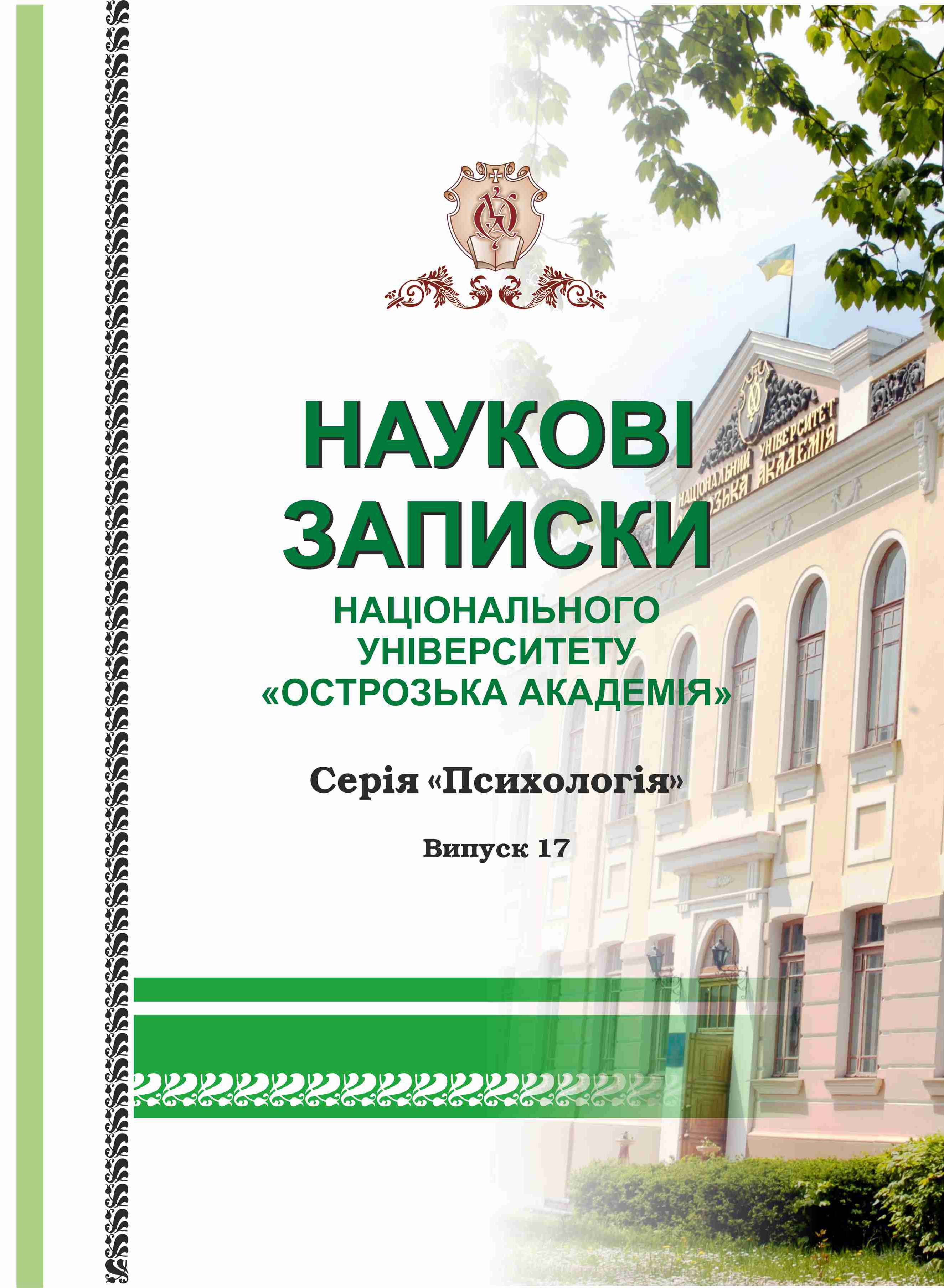STUDY OF BEHAVIORAL MODELS OF PERSONALITY IN UKRAINIAN AND RUSSIAN FAIRY TALES
Keywords:
Ukrainian fairy tales, Russian fairy tales, fairy tale plot, fairy tale therapy, behavioral modelsAbstract
The reason for the pathological behavior patterns of Russians is not only the influence of racist propaganda in the mass media but also fairy-tale narratives laid down in childhood. Fairy tales act as a means of moral education, offering certain models of behavior that are most appropriate for one or another stage of the cultural development of society. The concept of "fairy tale" is defined as a symbolic reflection of ancient beliefs; the method of preparation for the initiation rite; the veiled sexual complex; the result of the actualization of archetypes; the life scenario factor; and the basics of building productive and unproductive behavioral models. We understand fairy-tale therapy as an educational system, the purpose of which is the transfer of psychological knowledge about the social formation of an individual, and the formation of connections between behavior in real life and fairy-tale events. The gulf between Ukrainians and Russians is buried deep in fairy tales that parents tell their children before going to bed. The conducted comparative analysis reveals that the behavioral models offered by Ukrainian and Russian fairy tales are radically different. Ukrainian fairy tales form behavioral models such as the value of human dignity, honest victory over the enemy, responsibility for one's actions, altruism and willingness to help. Narratives and value orientations learned from childhood in Russian fairy tales determine cruelty, disregard for human life, soldaphonism, and then manifest themselves in the behavior of Russian society.


